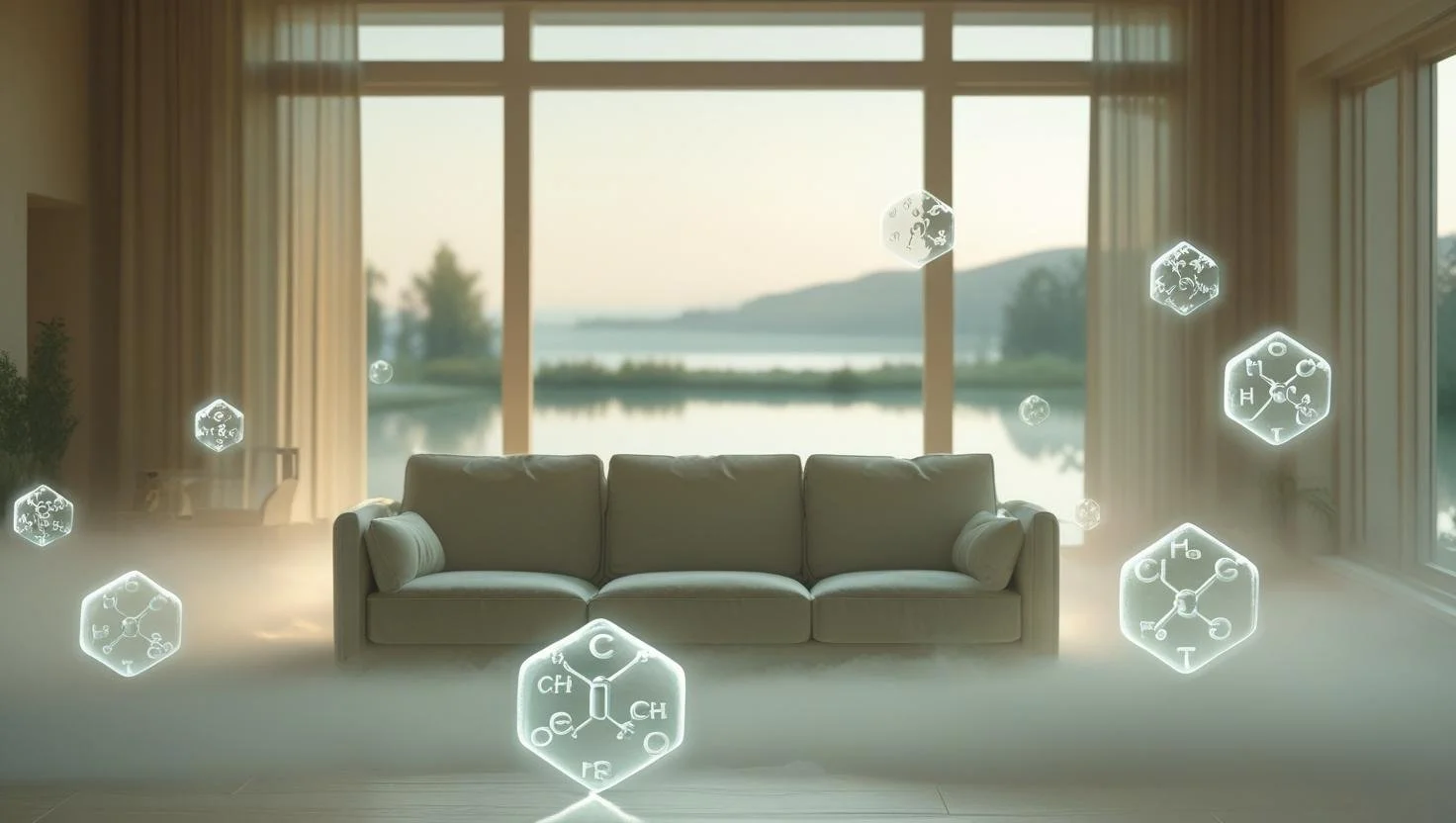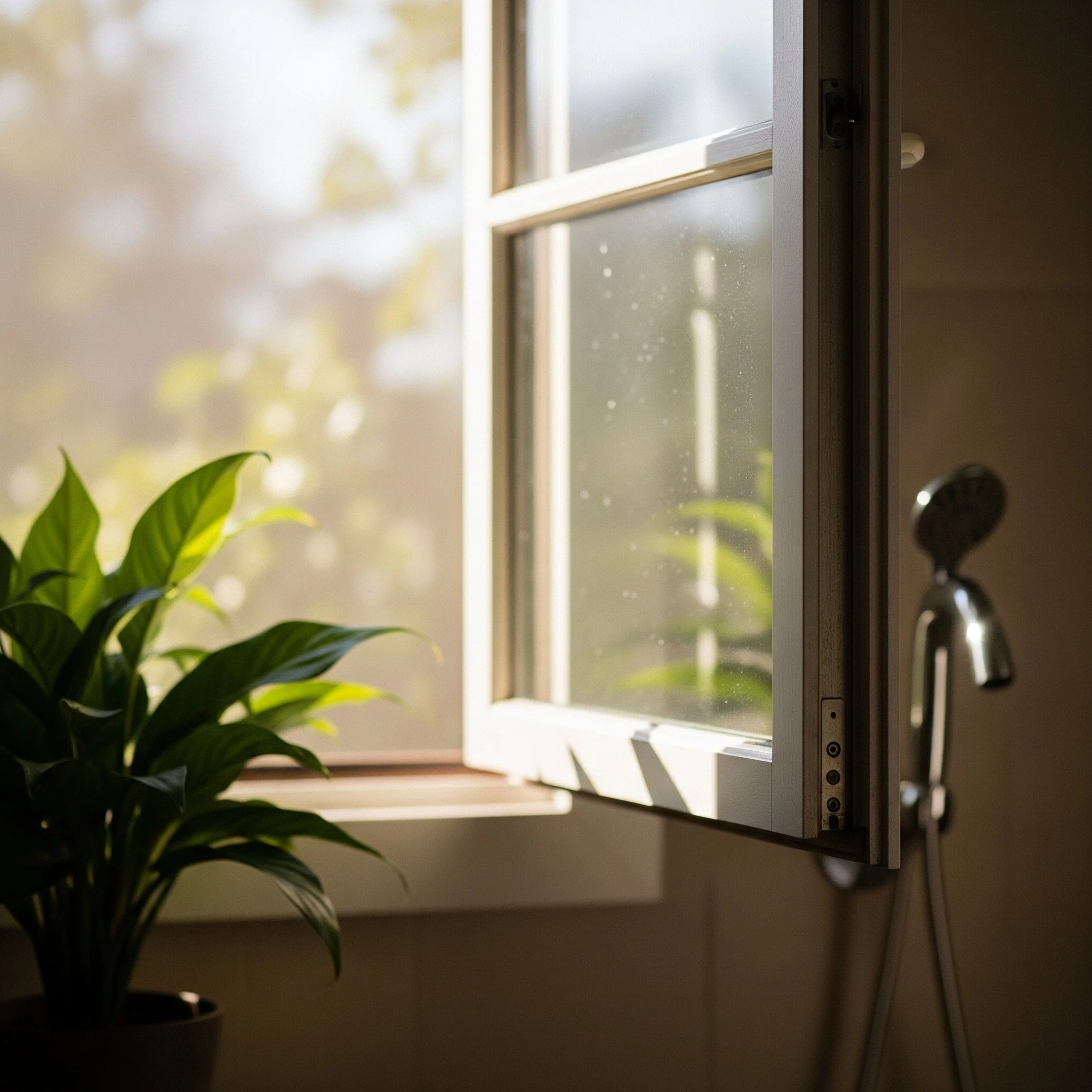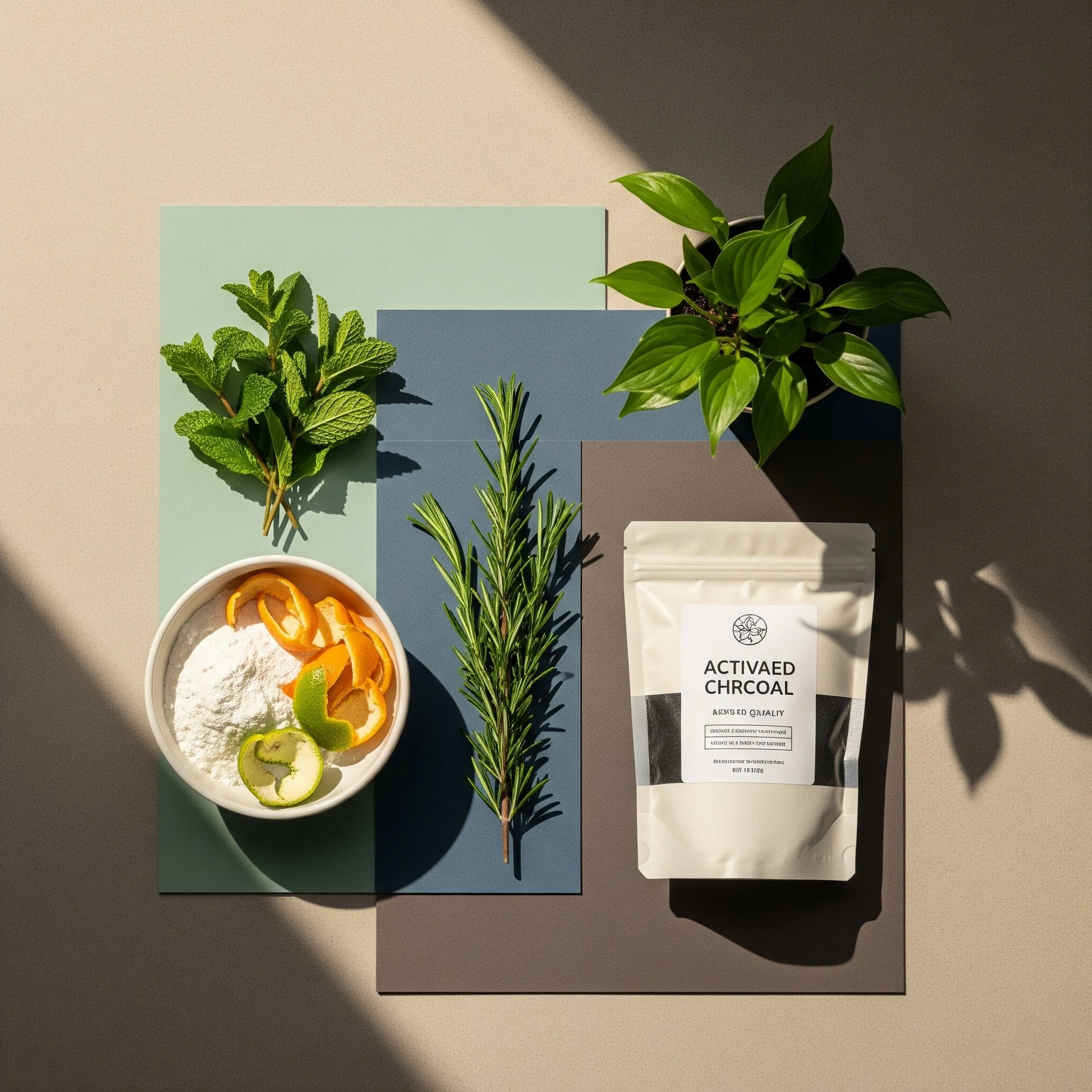Bonus Post: Chemical Sprays in the Home
I was browsing Reddit today, and came across this page about using Lysol Air Disinfectant. As a design firm that specializes in sustainable and healthy spaces, we’ve encountered almost every “fresh air” fad out there. Here’s the truth: if you need to leave a room after spraying a product for “safety,” it’s a red flag. The absolute best way to improve indoor air is with more air—proper ventilation, real outdoor airflow, and good design, not chemicals in a can.
The Risks of Scented Air Products
Take Lysol Air Sanitizer as an example. While marketed for safety, its ingredients tell a different story:
Propane & Isobutane: Propellants to disperse the spray; these are flammable gases.
Fragrance/Parfum: Can include dozens of undisclosed chemicals. Linked to headaches, respiratory irritation, and may trigger asthma or aggravate sinus conditions.
Ethanolamine (2-Aminoethanol): A pH adjuster, but also associated with respiratory issues, allergies, and potential reproductive toxicity.
Dipropylene Glycol: Found in antifreeze and air fresheners. There’s insufficient research on the long-term effects of inhaling this chemical.
MEA-Borate & MIPA-Borate: Corrosion inhibitors that may disrupt hormones.
Isoeugenol: A fragrance compound listed by the IARC as a potential carcinogen.
Safety sheets say these products are “generally safe” when used as directed, but for individuals with asthma, allergies, or sensitivities, even small exposures can be problematic. Overuse or using such products in unventilated areas may cause respiratory, skin, and eye irritation. Some research also links long-term use of air fresheners to negative effects on heart function and hormonal health.
Our Go-To Tricks for Fresh, Healthy Air
1. Bathroom Air Quality
Natural Ventilation: Open windows or run the fan during and after showers to flush out humidity and odors, reducing mold risk.
DIY Air Fresheners: Simmer herbs or citrus peels in water; place a bowl of baking soda with a drop of essential oil to absorb odors.
Activated Charcoal: Place charcoal bags in the bathroom for odor and moisture control.
Houseplants: Use small, easy-maintenance plants such as peace lilies and spider plants to help purify the air.
Non-Toxic Sprays: Choose plant-based, non-toxic sprays—or make your own with water, rubbing alcohol, and essential oils. Stay clear of commercial chemical air sprays.
Regular Cleaning: Keep surfaces (especially showers and sinks) clean to prevent bacteria and mold.
2. Fresh Air in Hotel Rooms
Open Windows: Even just 10–20 minutes a day of fresh air makes a difference.
Portable Air Purifier: Travel with or request a purifier with a HEPA filter for dust, allergens, and germs.
Avoid Strong Scents: Skip commercial air fresheners and sprays to avoid VOCs.
Wash Linens: Wash bedding on arrival or use your own to reduce dust/allergens.
Travel Humidifier: Counteract overly dry hotel air by using a small humidifier or placing a bowl of water near heat.
Adjust Air Conditioning: Keep the AC at a comfortable—not cold—setting to avoid dry, stuffy air.
3. Healthy Air in Quarantine Bedrooms
Maximize Ventilation: Open windows for cross-ventilation but keep the room door sealed to limit spread of potential infection.
Exhaust Fan: Use a fan in the window to draw out air and create negative pressure that pulls in fresh air.
HEPA Air Purifiers: Use a HEPA purifier to remove viruses, dust, and pollen.
Fan Placement: Direct airflow out of windows, never toward shared spaces, to reduce the risk of airborne spread.
Seal Door Gaps: Use draft stoppers under doors to block airflow into communal areas.
Limit Openings: For best results, only keep one window/exhaust open and the door closed.
Regular Cleaning: Disinfect surfaces and wash bedding/clothing often.
4. Universal Air Quality Tips
Non-Toxic Deodorizers: Use baking soda, dried herb sachets, or plant-based sprays instead of chemical deodorizers.
No Indoor Smoking: Prohibit all forms of indoor smoking—it’s one of the fastest ways to degrade indoor air.
Monitor Humidity: Keep relative humidity between 30–50% to deter mold. A dehumidifier can be essential in damp climates.
Prioritizing fresh air over fragrance is always healthiest—whether it’s your bathroom, a hotel stay, or a temporary bedroom during quarantine. Stick to ventilation, cleaning, and natural solutions for air that’s truly fresh—no can required!
Read more about designing healthy spaces:









Waldron Designs, LLC is passionate about designing spaces rooted in their context and responsive to the natural environment. Are you ready to create sustainable permanence with your home?
GET IN TOUCH!